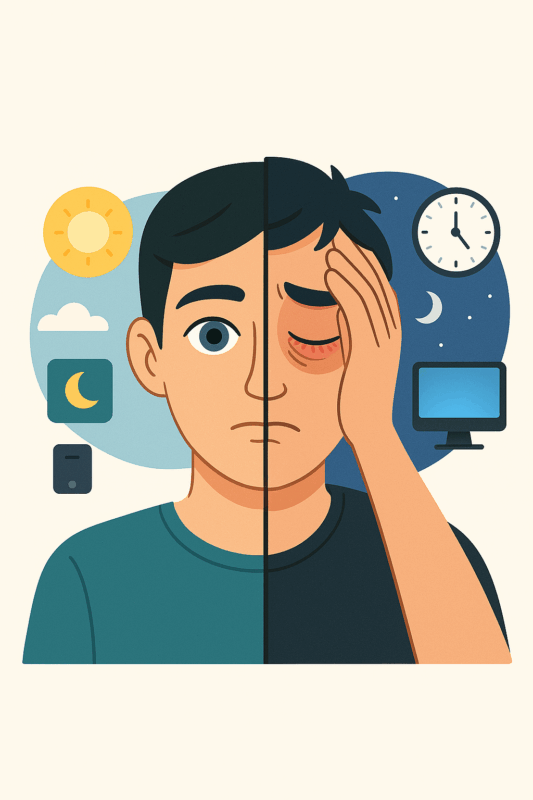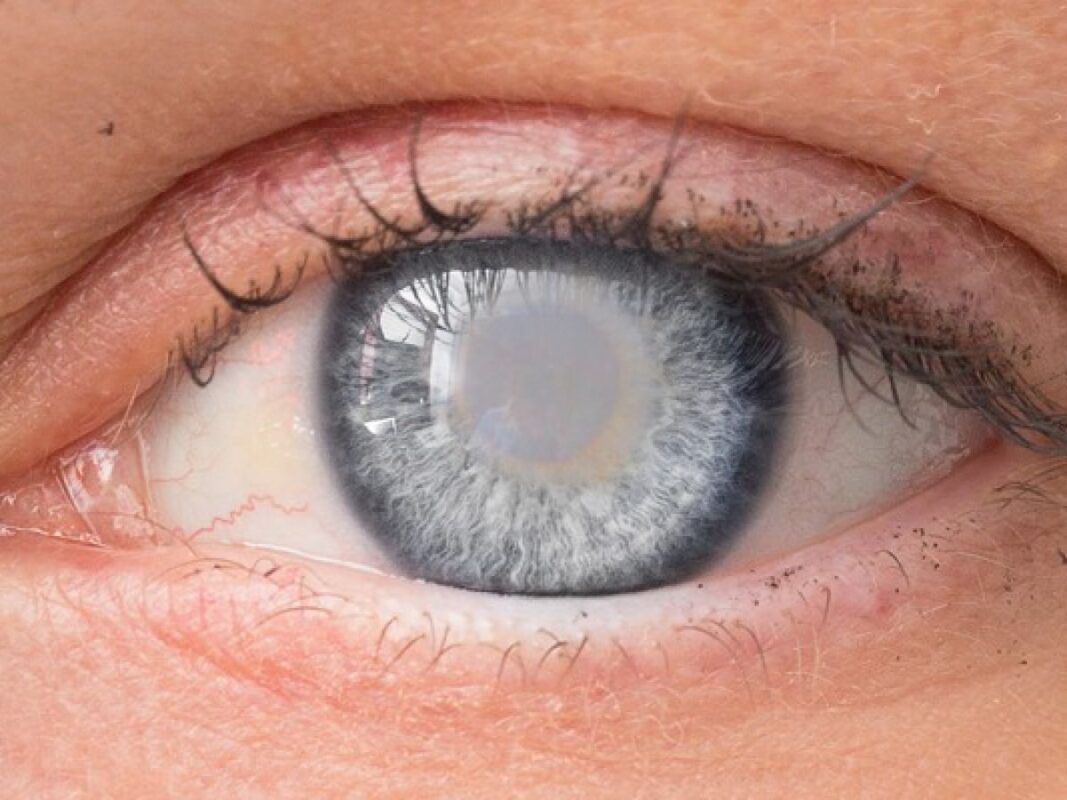Macular edema is a serious eye condition that affects a significant number of people worldwide. It occurs when fluid accumulates in the macula, the central part of the retina responsible for sharp, central vision. This buildup of fluid can lead to distorted vision and, if left untreated, permanent vision loss.

Causes Macular Edema:
Diabetic Retinopathy: Diabetes is a leading cause of macular edema. High blood sugar levels damage the blood vessels in the retina, leading to leakage of fluid into the macula.Age-Related Macular Degeneration (AMD): In AMD, abnormal blood vessels grow under the retina, causing fluid leakage and swelling in the macula.Retinal Vein Occlusion (RVO): RVO occurs when a blood clot blocks one of the veins in the retina, leading to fluid buildup and macular edema.Inflammatory Eye Conditions: Conditions such as uveitis and scleritis can cause inflammation in the eye, leading to macular edema.Posterior Uveitis: Inflammation in the layers of the uvea can result in macular edema.
Symptoms of Macular Edema:
- Blurred or distorted central vision
- Difficulty reading or seeing fine details
- Colors appearing washed out or faded
- Dark spots or blind spots in the central vision
- Straight lines appearing wavy or crooked
Diagnosis:
- Visual acuity test
- Dilated eye exam
- Optical coherence tomography (OCT)
- Fluorescein angiography
Treatment:
- Intravitreal Injections: Anti-VEGF medications injected into the eye can help reduce swelling and leakage of fluid in the macula.
- Corticosteroids: Steroid injections or implants can help reduce inflammation and fluid buildup in the macula.
- Laser Therapy: Laser treatment may be used to seal leaking blood vessels and reduce swelling in the macula.
- Vitrectomy: In severe cases of macular edema, a surgical procedure called vitrectomy may be performed to remove the vitreous gel and scar tissue from the eye.
Prevention:
- Manage underlying health conditions like diabetes and hypertension.
- Maintain a healthy lifestyle with regular exercise and a balanced diet.
- Schedule routine eye exams to detect macular edema and other eye conditions early.
Author Details:
Dr. Sushruth Appajigowda holds a prominent position as a Cornea, Cataract, Glaucoma, and LASIK Surgeon in Bangalore. He serves as the chief Cataract and Refractive surgeon at Vijaya Nethralaya Eye Hospital, Nagarbhavi Bangalore. Renowned as one of the finest LASIK surgeons nationwide, he brings with him over 12+ years of experience across multiple LASIK platforms, including ZEISS, ALCON, SCHWIND, AMO, and Bausch and Lomb. Having successfully conducted over 5000 LASIK procedures, Dr. Sushruth holds the title of a Certified Refractive Surgeon and a Fellow of the All India Collegium Of Ophthalmology. Furthermore, he stands as a distinguished speaker at various National and International Forums, using his expertise to guide you in selecting the most suitable procedure based on your health requirements.

Lhttp://vijayanethralaya.com/link-in-bio/
Conclusion:
Macular edema is a serious eye condition that can significantly impact vision and quality of life if left untreated. Early detection and appropriate treatment are crucial for managing the condition and preventing vision loss.










